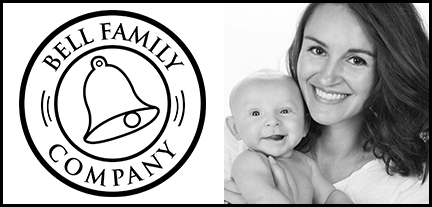We recently had the opportunity to partner with CEO & President of Spirituality for Kids (SFK), Michal Berg, whose nonprofit organization is helping serve children, parents, and professionals all around the world. Learn more about her organization and journey through our Q&A below.
Q: What are you doing differently, or how have you adjusted your program to adapt in the COVID-19 world?
A: SFK courses were always available as online self-paced courses. When quarantine started, many parents that otherwise didn’t feel they had the time, enrolled in the kids’ online courses and our parenting course. We offered a significant discount for all our programs between 35%-75% besides our ongoing scholarship program, where we provide financial assistance to anyone who requires it. We also launched a FREE Daily Tune-In inspirational email and a weekly Family Activity to help parents and caregivers navigate these trying times.
Q: SFK offers online courses for both children and parents to do in their home, which is crucial in today’s environment. What are some courses children and parents can sign-up for, and what can they expect to learn in those courses?
A: Our award-winning online Spiritual Social-Emotional Education Program includes two learning levels: Winning in the Game of Life™ and Exploring the Journey of Life™ are suitable for children 8-12 years old. Children learn how to manage their emotions, boost their confidence, ignite their compassion, and understand cause and effect, the power of their words, among many other concepts through engaging videos and characters, fun activities, art projects, and journaling.
Our Parenting course, Parenting the soul, takes parents on a personal journey to discover their parenting manual within and offers insights and easy, practical tools on how to best support their children while practicing self-love and self-care. You can learn more about our courses at https://courses.sfk.org/.
Q: What things as a mother to 5 children (hold for applause) have you learned that you have carried over to your SFK work?
A: One of the greatest lessons I learned as a parent to many children is that it is not all up to me. Each child is so different – how they experience life, how they react to situations, what they believe about themselves, and their level of consciousness. And my primary role is to love and support them, to my best ability, on their unique journey. Their successes are not mine, as well as their failures. As parents, we tend to take everything personally, learning to set ourselves free from that mindset, not only makes our lives more peaceful but also giving the necessary space for our children to be and evolve.
Q: For those families who already have busy schedules and are unable to attend courses, how can they still give back and support SFK? (hint: DONATE)
A: SFK is a 501(c)3 educational non for profit organization with an international reach with our outreach initiatives in more than 21 countries outside the US and scholarships. You can help by donating at https://sfk.org/donate/.








